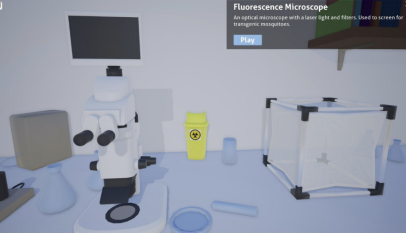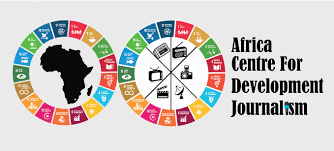Entrenching women’s political participation at the grassroots in northern Nigeria

It is believed that by removing the major cultural barriers hindering women’s participation in politics including achieving unity among women themselves, more women will have to opportunity to contest and win elective positions in the state of Kano
Women’s participation in politics, leadership and governance processes has always been a hotly debated issue in northern Nigeria, where men’s dominance over political and governance spaces and unwillingness to give women the opportunity to actively participate in political and governance processes has led to various campaigns by women’s rights organizations for the women to be given the opportunity to also play their own part in leadership processes.
Whereas women’s participation in political governance is difficult at higher levels of government i.e state and federal levels, it is even more difficult getting women to participate in political governance at the level of local government, where such participation is virtually non-existent.
It was in a bid to fashion out strategies of getting more women to actively participate in political and governance processes at the level of local government that the NGO Democratic Action Group, DAG, with the support of DFID’s Voices of Change (V4C) project, organized a one-day grassroots mobilization program to support women aspiring for local government elections in Kano, Nigeria’s second city recently.
Particularly, the meeting was aimed at increasing women’s representation in political positions by mobilizing and encouraging more women to contest the forthcoming local government elections in the state of Kano.
It is believed that by removing the major barriers and hindrances women in politics were grappling with, including ensuring unity among women themselves, more women will have to opportunity to contest and win elections in the state.
Speaking at the event, Azumi Namadi Bebeji, the first and only woman from Kano state to serve in Nigeria’s National Assembly, said although the political space in the North was a difficult one for women, they should not be deterred urging women who were interested in contesting for political positions to actively participate in the entire election processes including ensuring they attend all political meetings and gatherings.
“I have contested and won election before and so I know the challenges and benefits of doing so. As a woman, contesting and winning an election will help you empower fellow women. I advise all women interested in contesting election to protect their dignities and that of their families by avoiding anything that will make people see them as being wayward,” says Bebeji who served as member of Nigeria’s House of Representatives between 1999 and 2003.
Bebeji further admonished women interested in contesting for political positions not to disrespect men and instead be humble and accommodating to all and sundry adding that for women to succeed in their bid for more political positions, they needed the support of traditional leaders and religious clerics as well as the Non-Governmental Organisations (NGOs).
Aisha Maijamaa is another female politician from Kano state who has contested for the membership of Kano State House of Assembly at three different times, without success. Maijama’a unsuccessfully aspired to represent her native Tudun Wada constituency under the platform of the All Nigeria Peoples Party (ANPP) in 2007 and 2011 as well as under the platform of Peoples Democratic Party (PDP) in 2015.
“Women should go beyond rhetoric, we have been talking for too long and it is high time we begin to use groups and platforms like the Democratic Action Group to begin action. I have contested election 3 different times under different political parties and was in all cases betrayed by male delegates. Men are not better than women and women are only being denied the opportunity to contest elections because of their gender,” says Aisha Maijamaa.
She blamed the failure of women to succeed in politics on lack of unity among women and urged women to always unite and vote for fellow women during elections, irrespective of their party differences.
Mustapha Muhammad is the executive director of the Democratic Action Group; he said his organization had been working with leaders of the various political parties and religious clerics to make the political space in Kano state friendlier to women.
He noted that, in politics, women themselves were the biggest enemies of women urging them to come together and utilize all available public events including wedding and naming ceremonies to promote and campaign for women contesting elections among the womenfolk.













